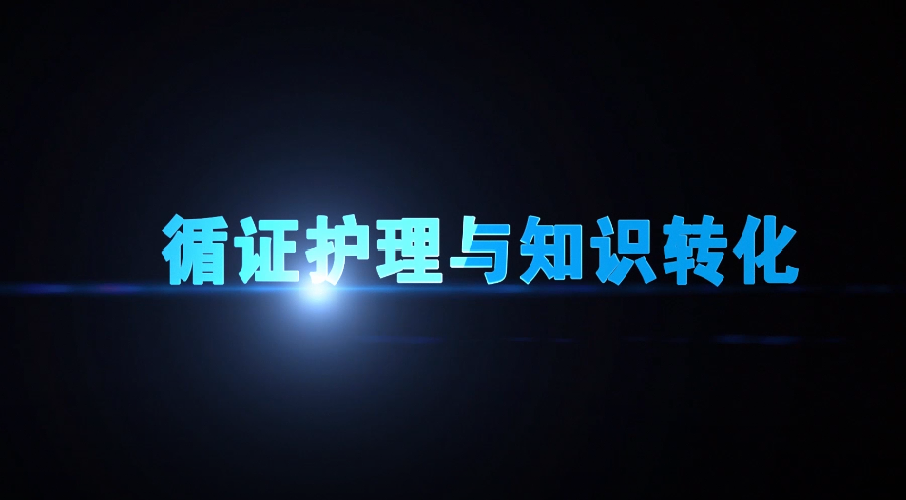
当前课程知识点:Research Methods in Tourism Studies > Week 1 How to Start a Good Research > 1.3 Literature Retrieval Method and Literature Databases > 1.3.1 Common literature retrieval method
返回《Research Methods in Tourism Studies》慕课在线视频课程列表
返回《Research Methods in Tourism Studies》慕课在线视频列表
欢迎学习本章的研究方法
在前一章中我们学习了研究问题的不同类型
研究目标以及研究问题与研究目标的关系
在这一章中我们将继续我们的研究方法课
我们将一起分享如何搜索信息以及如何撰写学术论文
这一章我们将讨论六个主题
首先如何检索相关文献
其次我们会分享检索文献时用到的数据库
第三与大家分享旅游研究领域的学术期刊
第四我们还将与大家分享如何阅读文献
特别是我们将共同探讨如何克服阅读文献过程中的困难
首先我们来看一下检索文献的一般方法
我们通常使用的第一种方法是传统的方法
或者是我们在搜索相关文献时使用的典型方法
传统的检索方法是利用关键词
标题索引等搜索指标来查找所需要的文献
它可以分为两种方法
首先可以用直接检索的方法
其次你也可以用反向检索的方法
直接检索法是从过去到现在按时间顺序查找的
该方法具有较高的回收率但耗时较长
而且研究工作量相当大
相比之下反向研究方法是指
从现在到过去搜索相关文献
这是一个逆时间顺序
该方法可以节省检索时间发现最新的文献
但是召回率很低
如果我们将这两种方法进行比较可以看到
直接检索法适用于研究规模大 时间长的复杂题目
但是反向搜索方法被用来检索最新的主题
文献检索的第二种方法是跟踪检索法
这种方法是指按照一本书或一篇
已发表的期刊文章的参考文献
列表中的文献和书目进行检索
这意味着你可以在现有的文章或书籍上查阅文献
所以这种方法的针对性很强
你可以掌握这个领域的主要思想 问题和现有的成就
然而这种方法得到的信息不够全面
而且容易漏掉一些搜索信息召回率很低
最后一个方法是期刊检索方法
这意味着你使用一个期刊网站作为你的检索平台
但是通过这种方式你必须熟悉在某个特定期刊中
你要搜索的关键字主题和作者姓名
如果想用这种方式首先应该确定
你自己研究课题的方向和主题
其次我们应该确定搜索指标
比如关键字或者作者姓名
最后搜索内容可能相当庞大
所以在你搜索了一系列的文章或书籍之后
你需要进行取舍
并且确定对你有意义的信息
-1.1 Research Question and Research Objectives
--1.1.1 Student interview before class
--1.1.2 The starting point: question
--1.1.3 What is a good research question?
--1.1.4 Ways to find a good research question
-1.2 Title Design
--Acticle: Leisure & Travel as Class Signifier: Distinction Practices of China's New Rich
--Discussion: Why do we research?
-1.3 Literature Retrieval Method and Literature Databases
--1.3.1 Common literature retrieval method
--1.3.2 Common literature search database
-1.4 Information Collection and Academic Journals in Tourism
--1.4.1 Academic journals in tourism research
--1.4.2 Literature collection methods and principles
-1.5 Literature Reading
--1.5.2 Overcoming obstacles in literature reading
--Week 1 quiz
--Discussion: What difficulties have you encountered in reading literature?
-2.1 Philosophical Bases of the Two Approaches
--2.1.1 Philosophical bases of the two approaches
-2.2 Differences between the Two Approaches
--2.2.1 Differences between the two approaches
--Article: Does tourist–host social contact reduce perceived cultural distance?
-2.3 Be Aware of Your Own Research Views
--2.3.1 Be aware of your own research views
--Discussion: How to choose research method?
-2.4 Research Example: Social Tourism
--2.4.1 What is social tourism?
--2.4.2 Established frameworks on social tourism
--2.4.3 Major research findings on social tourism
--2.4.4 Major findings of social tourism research
--2.4.5 Opportunities and challenges for social tourism
--Week 2 quiz
- 3.1 Key Procedures in Qualitative Approach
--3.1.1 Key procedures in qualitative approach
-3.2 Qualitative Data Collection and Analysis
--3.2.1 Key procedures and data collection methods in qualitative approach
--3.2.2 Data collection and analysis in qualitative approach
--3.2.3 Data analysis in qualitative approach
-3.3 Case Study and Content Analysis
--Discussion: Have you ever used a qualitative approach in your research?
-3.4 Using Coding and Themes in Qualitative Research
--3.4.1 Using coding and themes in qualitative research(1)
--3.4.2 Using coding and themes in qualitative research(2)
-3.5 Using Conceptual Framework in Qualitative Research
--3.5.1 Using conceptual framework in qualitative research(1)
--3.5.2 Using conceptual framework in qualitative research(2)
--Article: Tourist typology in social contact: an addition to existing theories
--Week 3 quiz
--Discussion: How to ensure the reliability and validity of qualitative study?
-4.1 Using Questionnaires in Quantitative Research
--4.1.1 Make an effective literature review and research method design
--4.1.2 Learn to write powerful findings and discussion
-4.2 Using Experiment in Quantitative Research
--4.2.4 Eye tracking experiment
-4.3 Using Mixed Method
--4.3.1 Sustainabble tourism development (1)
--4.3.2 Sustainabble tourism development (2)
--Article:Creating a scale for assessing socially sustainable tourism
--Week 4 Quiz
--Discussion: How to use quantitative methods to study tourists' reaction?
-5.1 Current Research Priorities
--5.1 1 A review of hospitality research
--5.1.2 Impact of information technology on hospitality and tourism research
-5.2 Multi-Level/ Multiple Sources of Date Collection
--5.2.1 Experimental design (1)
--5.2.2 Experimental design (2)
--5.2.3 Multi-level/multiple sources of data collection
-5.3 Mixed Method and Interdisciplinary Research
--5.3.2 Interdisciplinary research
--Article: The meanings of destination: a Q method approach
--Discussion: Can you talk about your understanding of research methods?
-5.4 Using Delphi Method in Research Design
--5.4.1 What is the Delphi method?
--5.4.3 Characteristics of the Delphi method
--5.4.4 Predicting the future of wine tourism
--Week 5 quiz
--Discussion: Philosophical basis of research methods
-6.1 Journal Publication
--6.1.1 How to publish in the top journals? (1)
--6.1.2 How to publish in the top journals? (2)
--6.1.3 How to publish in the top journals? (3)
--6.1.4 How to publish in the top journals? (4)
--Article: Analyzing the economic sustainability of tourism development: evidence from Hong Kong
-6.2 Academic Ethics
--6.2.2 Student interview after class
--Week 6 quiz
--Discussion: Academic publication and academic ethics
--Final quiz

